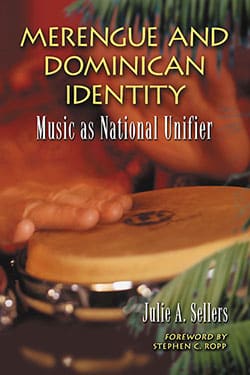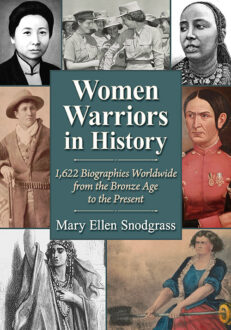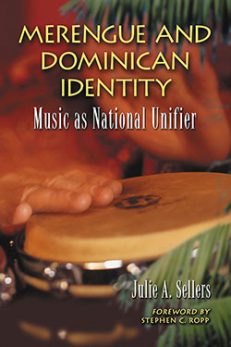Merengue and Dominican Identity
Music as National Unifier
Original price was: $29.95.$14.99Current price is: $14.99.
In stock
About the Book
The merengue is internationally recognized as the Dominican Republic’s national dance. It is an integral and unifying element of Dominican identity both within that nation and among emigrants abroad. Although Dominicans often make the claim that merengue has always been in their blood, the dance is relatively young, and its popularity among Dominicans of all social classes and ages is an even more recent occurrence.
This book presents three convincing arguments about the merengue’s longevity as a unifying symbol of Dominican identity: Dominican identity and the merengue have necessarily been extremely fluid in order to encompass the different cultural and ethnic groups present; historically, the merengue has become a stronger identity symbol when the nation is or is perceived to be threatened from outside; and the white, Catholic, Hispanic Dominican has long been held as the “true” Dominican identity, causing the dance to become progressively “whitened” in terms of performers and style to reflect this notion and gain wider appeal at home and abroad. A map of the Dominican Republic, related photographs of key figures of Dominican history and merengue artists across the decades, and a complete bibliography are included.
About the Author(s)
Bibliographic Details
Julie A. Sellers
Foreword by Stephen C. Ropp
Format: softcover (6 x 9)
Pages: 239
Bibliographic Info: photos, bibliography, index
Copyright Date: 2004
pISBN: 978-0-7864-1815-2
Imprint: McFarland
Table of Contents
Acknowledgments vi
Foreword: Stephen C. Ropp xi
Introduction: “In Our Blood” 1
1. Colonial Legacy 15
2. Dominican Identity and the Haitian Other 27
3. Fragmentation, Personalism, Violence and Economic Ruin: The Period of the Great Caudillos 41
4. Merengue’s First Steps: 1844–1916 60
5. U.S. Occupation and Dominican Nationalism 73
6. In Step: Merengue in the Era of Trujillo 81
7. Post-Trujillo Politics: Continuity and Change 108
8. Post-Trujillo Merengue: Tradition, Innovative Freedom and Ethnic Questioning 136
9. Merengue and Transnational Identities 158
10. Caribbean Comparisons 186
Conclusions: “Sólo se siente!” 205
Bibliography 211
Index 219
Book Reviews & Awards
“recommended”—Choice.





